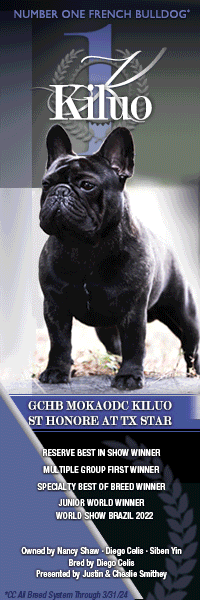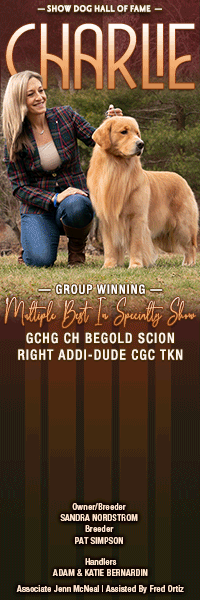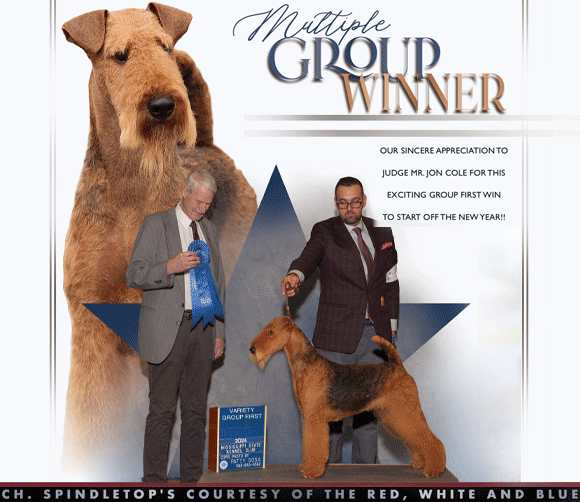Hill’s Pet Nutrition Faces $2 Billion Lawsuit Alleging Fraudulent Claims Regarding BEG Dog Foods and DCM
By Caroline Coile
 Hill’s Pet Nutrition is being sued for more than $2 billion in a class action suit brought by the boutique dog food manufacturer, Ketonatural. The suit claims that Hill’s fabricated the alleged connection between boutique, exotic and grain-free (BEG) dog foods with dilated cardiomyopathy (DCM) beginning in 2018, in order to destroy competition.
Hill’s Pet Nutrition is being sued for more than $2 billion in a class action suit brought by the boutique dog food manufacturer, Ketonatural. The suit claims that Hill’s fabricated the alleged connection between boutique, exotic and grain-free (BEG) dog foods with dilated cardiomyopathy (DCM) beginning in 2018, in order to destroy competition.
The suit alleges that Hill’s conspired to spread false information to persuade consumers to avoid grain-free and boutique dog foods, and that it did this by certain Hills-associated veterinarians collecting biased data to convince the Food and Drug Administration to investigate the connection; and that they then publicized the warnings through veterinarians, articles and social media.
According to the complaint: “Using the tools of professional science and Hill’s vast veterinary influence network, the goal of the scheme was to persuade American pet-owners that grain-free diets weren’t just “fad diets” but actually dangerous for dogs–an argument that, if successful, had the potential to eradicate the entire grain-free sector of the pet food market. They have been carrying out this wide-ranging scheme ever since and it has been, by any measure, a breathtaking (if unlawful) success.”
The suit singles out Hill’s over the other two pet food giants, Purina and Mars, for the following reasons: “First, it is the smallest of the three–its annual revenues dwarf those of most other pet food brands, but they are only about 20% of Purina’s revenues. Second, as by far the largest maker of “prescription-only” diets in the country and as the self-proclaimed “#1 Vet Recommended Brand,” Hill’s is tied much more closely to the veterinary community than either Mars or Purina. For Mars and Purina, marketing to vets and distributing through vet clinics are both relatively inconsequential parts of their sprawling companies; for Hill’s, they are a major component of the business.”
“The third thing that makes Hill’s unique among the three “traditional” pet food companies is its uniquely poor financial performance in the years leading up to 2018, when the misconduct at the heart of this suit began. During this period, the market for pet foods made by “non-traditional,” often independent, brands was growing explosively. For example, from 2011 to 2017, sales of “grain-free” dog foods, a leading category among independent makers, rose from 15% to 44% of all dog food sales in American pet specialty stores. Purina was so large and diversified that it weathered this storm successfully, growing steadily and preserving its market share from 2014 to 2017. But Hill’s did not. Over the same four-year period, Hill’s annual revenues were pancake-flat, and its market share plunged by more than 20%. Long the third-largest seller of complete-diet dog food in the country, Hill’s fell to fourth in 2018, after being overtaken by Blue Buffalo, the largest of the new wave of “non-traditional” pet food brands.”
“Thus, beginning no later than 2018, Hill’s and a cluster of associated entities and individuals (collectively with Hill’s, the “Defendants”) embarked on a drastic and unlawful course to reverse this slide. They carried out a scheme to falsely convince American dog owners that a massive, unrelated, and hugely diverse group of dog food products–essentially any product made by any of the hundreds of independent firms that were collectively eroding Hill’s market share–all increase the risk and severity of a deadly canine heart disease called dilated cardiomyopathy (“DCM”).”
“To carry out the scheme, Hill’s, along with a group of closely-bound academic veterinarians (the “Veterinarian Defendants”) and front organizations operating on Hill’s behalf, acted in a coordinated conspiracy.”
“First and most explosively, the Veterinarian Defendants fraudulently induced the United States Food and Drug Administration to launch a high-profile investigation into DCM.”
“The second strand of the Defendants’ scheme: Hill’s co-conspirators, the Veterinarian Defendants authored study after study about DCM and then mischaracterized the findings.”
“The Defendants also created and fostered social media environments including at least one Facebook group that was an echo chamber, suppressing any contradiction of the propaganda campaign.”
The entire 124 page legal complaint is available online at https://truthaboutpetfood.com/wp-content/uploads/2024/02/KETONATURAL-PET-FOODS-v-HILLS-PET-NUTRITION-20240206.pdf.
Colgate-Palmolive, which owns Hill’s, has not yet responded, but this promises to be a long legal battle.
Short URL: http://caninechronicle.com/?p=281327
Comments are closed












